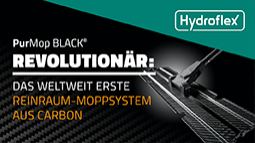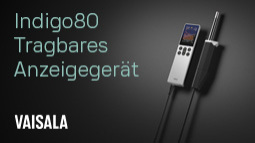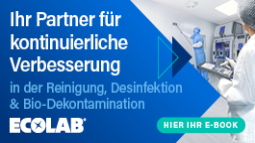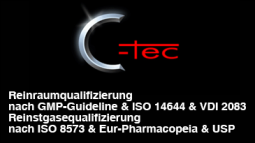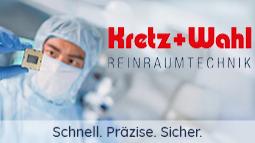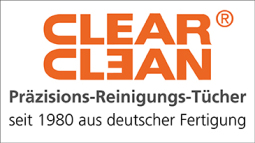- Science
KIT Chipdesign House to Boost European Chip Production
Chipdesign House at KIT Founded at KIT – Institution to Accelerate Cutting-edge Chip Design Research in Baden-Württemberg
Be it smartphones, computers, or cars: Nearly all modern technologies are based on powerful microchips. Demand by far exceeds production in Germany. Leading semiconductor manufacturers are mostly based in Asia and North America, from where they supply producers worldwide with their microchips. In order to boost chip production in Europe and further strengthen Germany as a location for innovative chip design, the Baden-Württemberg Ministry of Science, Research, and the Arts (MWK) has now approved the foundation of the virtual Karlsruhe Chipdesign House (KCH) at Karlsruhe Institute of Technology (KIT). It is to be established by 2027 on KIT’s Campus South. A new Master’s degree program is also planned.
“The demand for powerful and efficient microchips to support digital transformation is growing steadily,” explains Professor Mehdi B. Tahoori from the Institute of Computer Engineering at KIT. “Most sales are generated by chip giants outside Europe. Particularly during the energy crisis, when we had to cut down our production due to the high energy costs, our strong dependence on imports became obvious, for example, as regards silicon chips produced in Asia.”
“There is an urgent need to promote production and the possibilities for its advancement in Europe to reduce critical global dependencies and secure the digital sovereignty of Germany and Europe,” says Professor Oliver Kraft, Acting President of KIT. “KCH will bundle cutting-edge research in the field of chip design. KIT has the required expertise, so it is the right location for this undertaking.”
New Study Program for Future Specialists
With the planned KIT Chipdesign House, KIT intends to play a leading role in the coordination of chip design activities in Baden-Württemberg and beyond. Comprehensive training for chip designers will play a key role. “Jointly with our partners, we want to create an interdisciplinary Master’s degree program in chip design,” says Professor Jürgen Becker from the Institute for Information Processing Technology at KIT. “In addition to practice-oriented lectures, it will include workshops and events with experts from the industry to ensure that the future specialists and managers receive comprehensive training.”
Strengthening the Chip Design Ecosystem in Germany
To strengthen the semiconductor ecosystem in the EU, the regulation on the European Chips Act from 2023 was adopted. It includes a package of measures. “The European Chips Act is aimed at boosting semiconductor production and development opportunities in Europe,” explains Becker. “Within the framework of this Chips Act, we want to bundle and extend skills and networks in a targeted manner. The close integration with the industry, for example with a targeted extension of interdisciplinary training and continued education in chip design at KIT, is an important building block here.”
The MWK is funding the KIT Chipdesign House with around EUR 1 million until 2027 as part of the BEGIN funding initiative, which promotes participation in major European projects and initiatives.
Being “The Research University in the Helmholtz Association”, KIT creates and imparts knowledge for the society and the environment. It is the objective to make significant contributions to the global challenges in the fields of energy, mobility, and information. For this, about 10,000 employees cooperate in a broad range of disciplines in natural sciences, engineering sciences, economics, and the humanities and social sciences. KIT prepares its 22,800 students for responsible tasks in society, industry, and science by offering research-based study programs. Innovation efforts at KIT build a bridge between important scientific findings and their application for the benefit of society, economic prosperity, and the preservation of our natural basis of life. KIT is one of the German universities of excellence.
Karlsruher Institut für Technologie
76131 Karlsruhe
Germany
